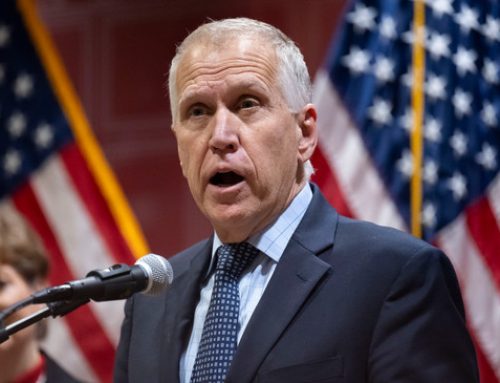AMA Approves Support for Drug Decriminalization
LOS ANGELES- The American Medical Association (AMA) voted to support drug decriminalization at its annual House of Delegates meeting in Chicago on June 12. MD/PhD candidate Ryan Englander highlighted the inefficacy of the war on drugs, urging for a shift towards more effective measures. Englander emphasized the failure of criminalization in addressing the substance use crisis in the United States, advocating for a different approach based on successful models from other countries.
Previously, the AMA Board of Trustees had recommended monitoring the effects of state and federal policies on drug possession reclassification. However, the recent meeting saw delegates vote 345-171 to adopt a new position advocating the elimination of criminal penalties for personal drug possession. This change is part of a broader set of public health and legal reforms aimed at improving selected outcomes.
Englander cited evidence from Oregon and Portugal to support decriminalization, noting Portugal’s success in reducing mortality and increasing treatment access following the removal of penalties for personal drug possession. Conversely, Stephen Taylor from the American Society of Addiction Medicine cautioned that decriminalization must be implemented correctly to realize public health benefits.
Opposition to the endorsement of decriminalization was also significant. AMA president-elect Bobby Mukkamala argued that the evidence does not support broad decriminalization, pointing to Oregon’s experience where decriminalization did not reduce mortality or increase treatment access. Marianne Parshley of the American College of Physicians noted the complexities, including the rise in fentanyl use and deaths in Oregon, stressing the need for bipartisan support and improved drug treatment programs.
The AMA’s drug policies have evolved in recent years. In June 2022, the AMA called on states to implement record-cleaning services, emphasizing the unfair impact of criminal convictions for actions later legalized or decriminalized. Last year, the AMA adopted a policy supporting clinical trials for substances like psilocybin and MDMA for psychiatric treatments, advocating for rigorous assessment of their safety and effectiveness.
A recent Board of Trustees report expressed disapproval of endorsing decriminalization without sufficient evidence of public health benefits. Mukkamala reiterated the need for evidence-based policies, supporting the expungement policy change but not broad decriminalization.



































